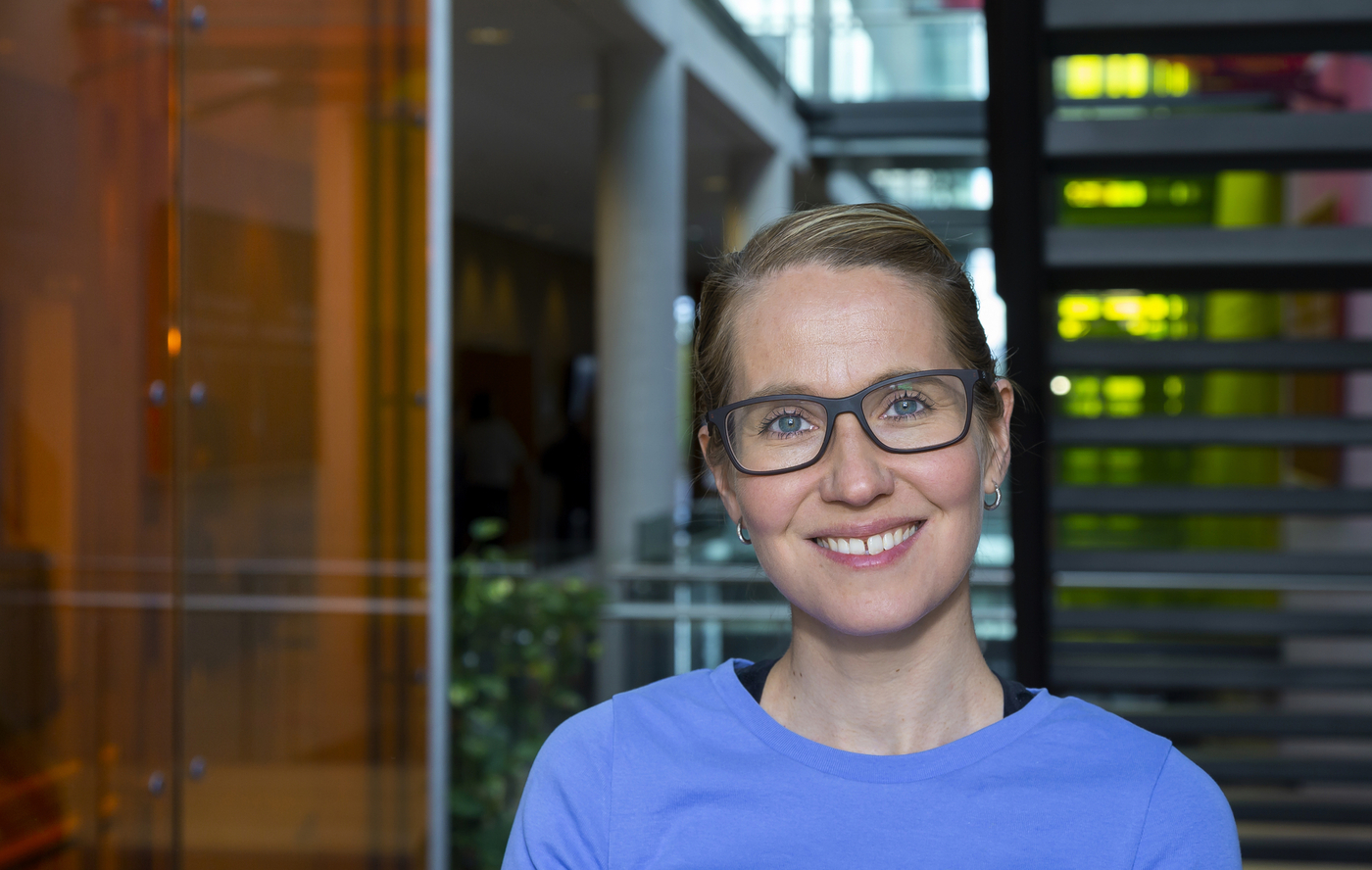"The best case scenario would be if the research results would lead to further development of means of support for under-privileged students who need to prioritise their budget. There are students that are skipping meals days on end and very anxious about their financial sitation." So says Gréta Jakobsdóttir, assistant professor at the University of Iceland's School of Education, about a study within the University that aims to evaluate how widespread food insecurity is among university students in Europe during the COVID-19 pandemic.
Even thought the COVID-19 pandemic is currently subsiding Gréta claims that the study has great societal impact, not only because the food insecurity has not been studied in Iceland before, but also because this group can, and in fact has been forgotten in the discourse on poverty and social support. "To experience food insecurity for shorter or longer periods of time can have very negative consequences. This study gives an insight into the reality of a certain group of university students who are often under a lot of pressure, but good nutrition is one of the prerequisites for good health."
Prevalence of food insecurity thirteen percent among university students
The preliminary results of the Icelandic part of the study are startling and indicate that food insecurity was considerably widespread during the pandemic, or over thirteen percent.
"Those who experienced food insecurity had a considerably smaller support system of family and friends. There was less consumption of vegetables, fruit and meat in this group compared to those living with food security, and planned meals were fewer," says Gréta. "Consumption of fish, beans, dairy, and corn was, however, similar."
Gréta says that most of those who took part were women (74%), Icelanders (75%), and living in the metropolitan area (83%).
"I received an unexpected invitation to be a part of this exciting study. The subject is vital as the situation in this group is unclear. A study like this one is important for society, we learn and teach through research and it provides the knowledge to make enlightened decisions. Research contributes to a better society as it improves knowledge and quality of education, it is vital for progress and provides information on the status of diverse subjects that are important to society," says Gréta.

Even thought the concept of food security is often on the news, especially in connection with world events that might impact this important factor, not everyone knows what this concept means. Food insecurity is defined as insecure access to nutritious and safe food that can be attained in an acceptable manner. Those who experience insecurity when it comes to food know that food may run out, that there is not enough money to buy food and the anxiety accompanying such a situation, or people may need to settle for food that is of lesser quality.
Lack of comprehensive evaluation of frequency of food insecurity among university students
The project Gréta and her colleagues are working is a part of a larger multinational study evaluating the frequency of food insecurity during a pandemic in eleven European countries. The study is conducted due to a lack of a comprehensive evaluation of the frequency of food insecurity among university students in Europe. As the pandemic had a tremendous impact on the lives and finances of this group it was decided to evaluate the situation before and during the pandemic.
Gréta's research interest lies in diet and habits, seeking answers to questions like why we eat what we eat and what factors influence us the most.
"I received an unexpected invitation to be a part of this exciting study. The subject is vital as the situation in this group is unclear. A study like this one is important for society, we learn and teach through research and it provides the knowledge to make enlightened decisions. Research contributes to a better society as it improves knowledge and quality of education, it is vital for progress and provides information on the status of diverse subjects that are important to society," says Gréta.
There is a clear connection between this project and the UN Sustainable Development Goals currently implemented by the Icelandic government.
"There is a direct connection to goals 1 through 4: No poverty, zero hunger, good health and well-being and quality education. The project is also linked to goals 5, 8 and 10: Gender equality, decent work and economic growth, and reduced inequalities.




